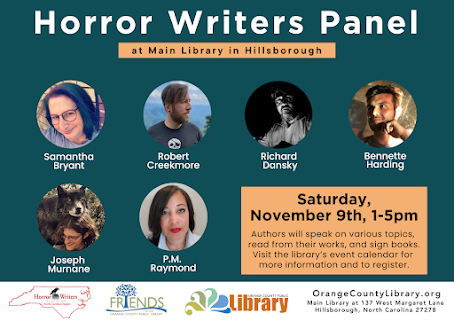Welcome to Open Book Blog Hop. You can find us every Monday talking about the writing life. I hope you'll check out all the posts: you'll find the links at the bottom of this post.
Behind the scenes of a Holiday Scene: How did you write a holiday scene?
______________________
I've written two Christmas stories for the Menopausal Superheroes.
"O Scaly Night" has Patrica, the Lizard Woman of Springfield coming to the rescue during what should have been a quiet holiday alone and discovering that she likes helping people.
The idea for the story came to me while I was writing one of the novels in the series, which had me delving a little deeper into Patricia's background and understanding what kind of childhood experiences she had had.
This story fits into the novel series earlier on, when there was more doubt as to how Patricia would end up using her powers and I liked exploring the ambivalence of vigilantism. The lines a hero does and doesn't cross.
I wrote it for my newsletter subscribers, and later it was published as part of a charity Christmas anthology: Christmas Lites IX.
 |
| Click the image to read the entire story for free. |
The other story is called "Max's Mommy" and is told by the youngest son of one of her heroes, Jessica, AKA Flygirl. One of the things I wanted for my Menopausal Superheroes was for them to still get to keep their friends, families, and homes.
All of my heroes have a circle of trust who knows their secret identity and none of them are keeping their abilities hidden from the people they love most. I got to thinking about how her children were handling having a superhero for a mother and came up with this story of young Max watching his hero-mother in action.
This one I also wrote as a gift to my newsletter subscribers, and I haven't sought other publication for it so far.
 |
| Click the image to read the entire story for free. |
I really enjoyed writing both of these stories, focusing on just one of the heroes during the holidays and imagining how that might go. Maybe I need to write another one for Leonel, AKA Fuerte! Do you like tie-in stories for series? Do you read winter holiday stories as part of your festivities? I'd love to hear your thoughts in the comments.
If these snippets caught your attention and you're interested in more, here are the details on the series:



































